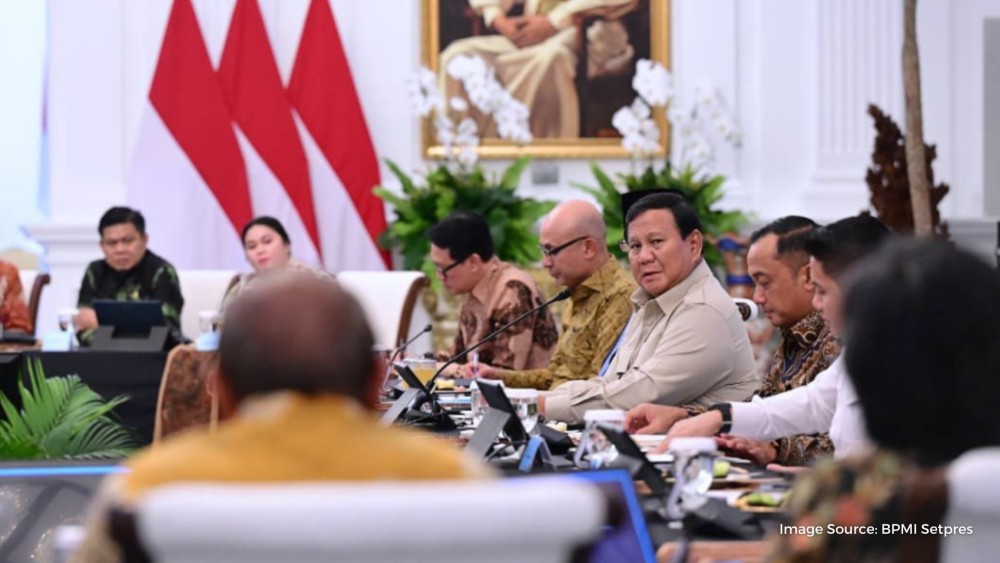Indonesia, EU Sign CEPA to Expand Trade and Investment
24 Sep 2025

Indonesia and the European Union (EU) signed the Indonesia-European Union Comprehensive Economic Partnership Agreement (IEU-CEPA) on Tuesday after almost a decade of negotiations. The pact aims to abolish more than 98 percent of tariffs and expand investment opportunities between the two economies.
European Commission Trade and Economic Security Commissioner Maroš Šefčovič said the agreement would support EU agrifood and automotive sectors, noting Indonesia’s commitment to phase out its 50 percent import duty on cars within five years.
Coordinating Minister for Economic Affairs Airlangga Hartarto stated that Indonesian industries such as textiles, footwear, apparel, and furniture would benefit, while micro, small, and medium enterprises (MSMEs) would gain easier access to European markets.
The EU and Indonesia represent a combined market of 723 million people and a gross domestic product (GDP) of USD 21 trillion. The European Commission estimated that the CEPA could save EU exporters USD 707.6 million annually in duties paid to Indonesia, while Indonesian exports to the EU are projected to rise by up to 60 percent. The deal is expected to raise Indonesia’s national income by USD 2.8 billion and directly benefit around five million workers in labor-intensive sectors.
Hartarto highlighted opportunities for investment in Indonesia’s electric vehicle (EV) industry, with ongoing discussions between European automotive firms and Indonesian partners. The EU is also expected to support technology-driven industries including renewable energy and advanced manufacturing.
Negotiations, launched in 2016, faced repeated delays over issues such as palm oil, taxation, and deforestation. A political breakthrough came in July when President Prabowo Subianto and European Commission President Ursula von der Leyen met in Brussels.
The agreement also follows recent trade tensions, including a World Trade Organization ruling favoring Indonesia in its biodiesel dispute with the EU. Šefčovič indicated that the CEPA could help address issues surrounding palm oil trade.
The deal now awaits ratification by Indonesia’s House of Representatives and EU member states. Both sides aim for implementation by January 1, 2027.






